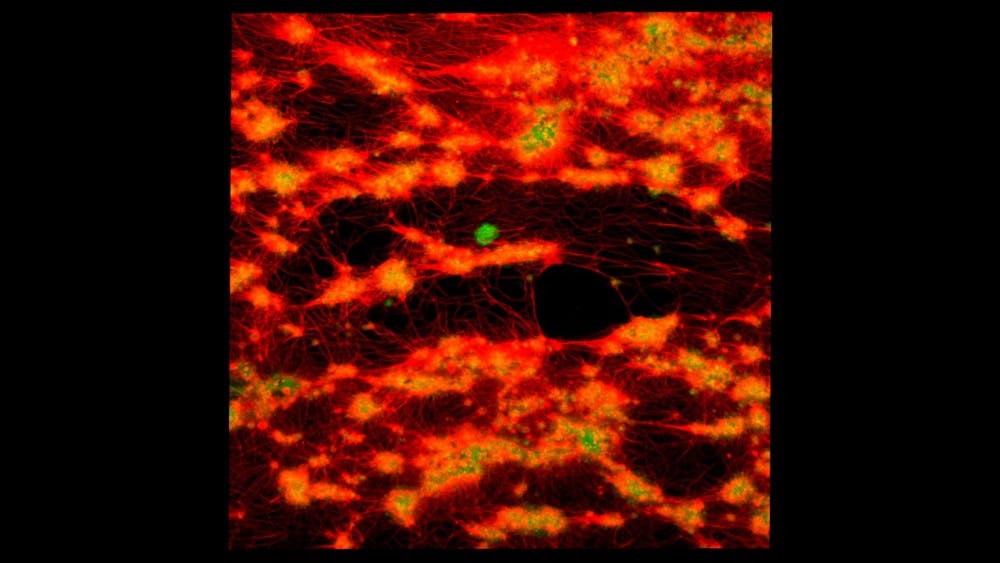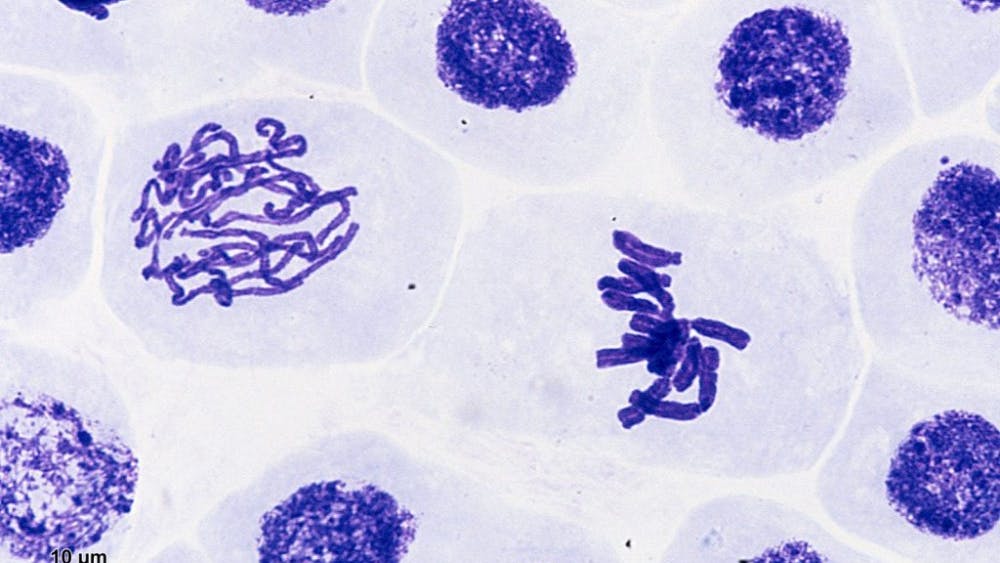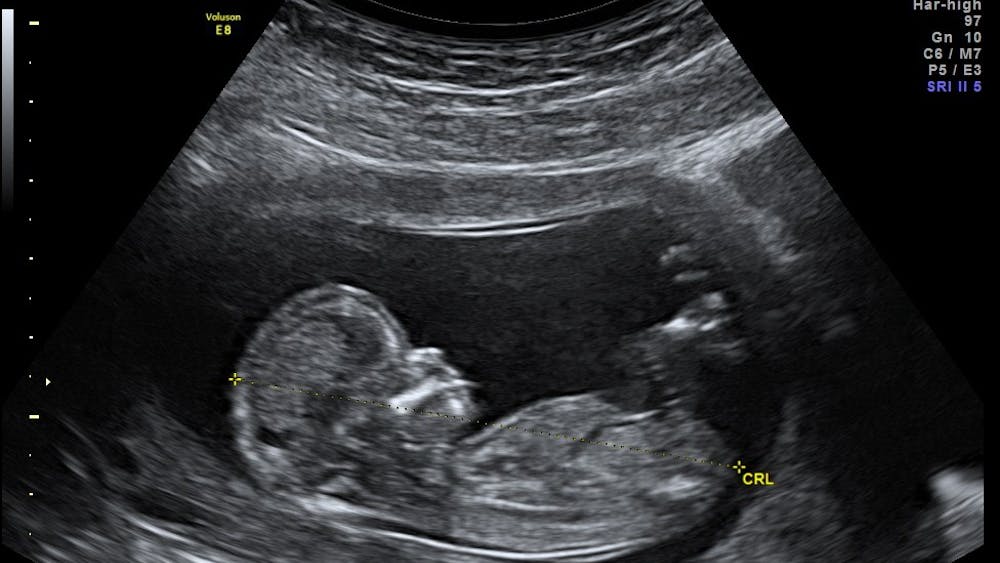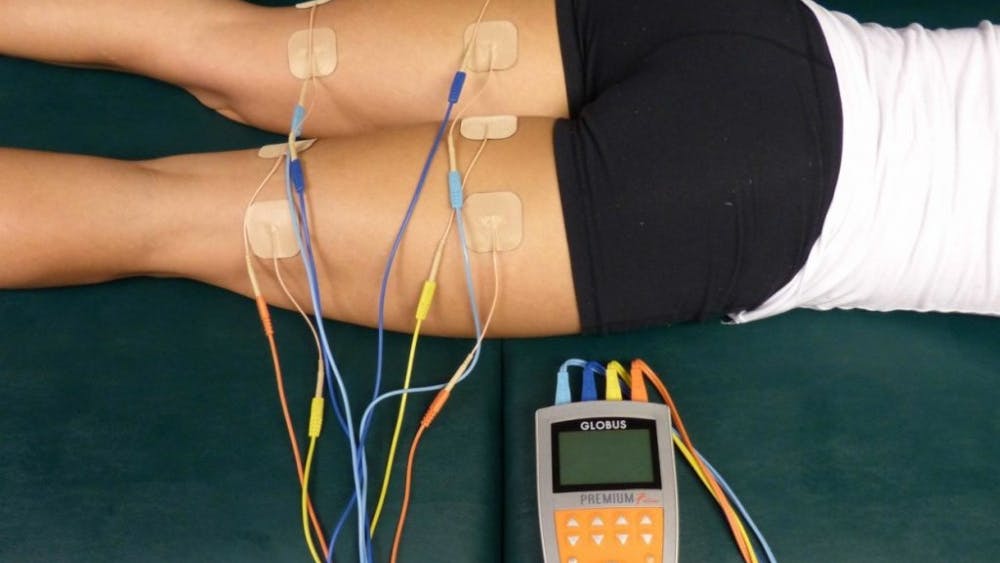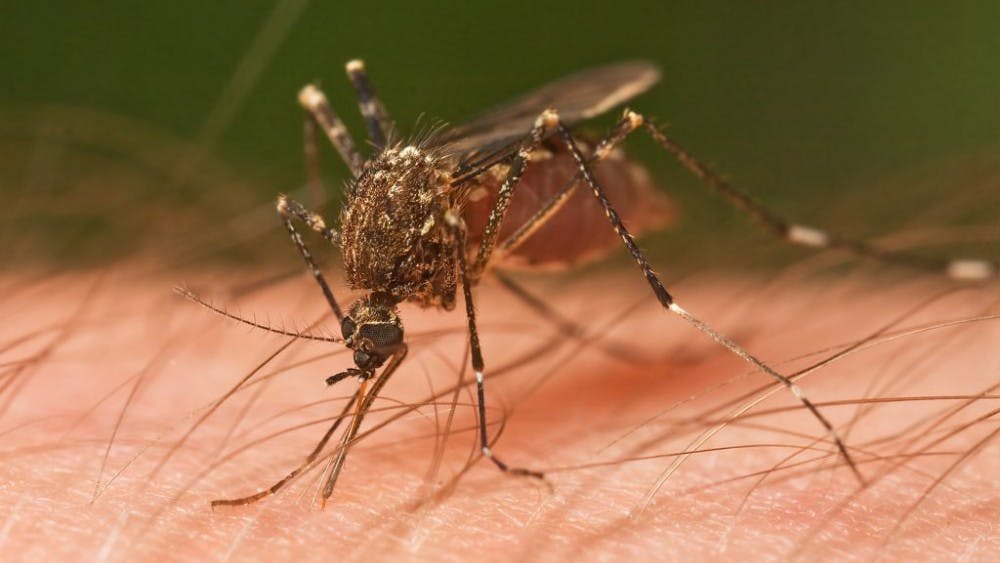Titanium implants tackle blood clots head-on
By RAYYAN JOKHAI | February 2, 2017While medical implants such as stents, catheters and various forms of inserted tubing provide medical benefits to many patients, these implanted devices pose great issues to a vast array of those with them. More specifically implanted devices increase risks of blood clots and infections in patients who need them.

